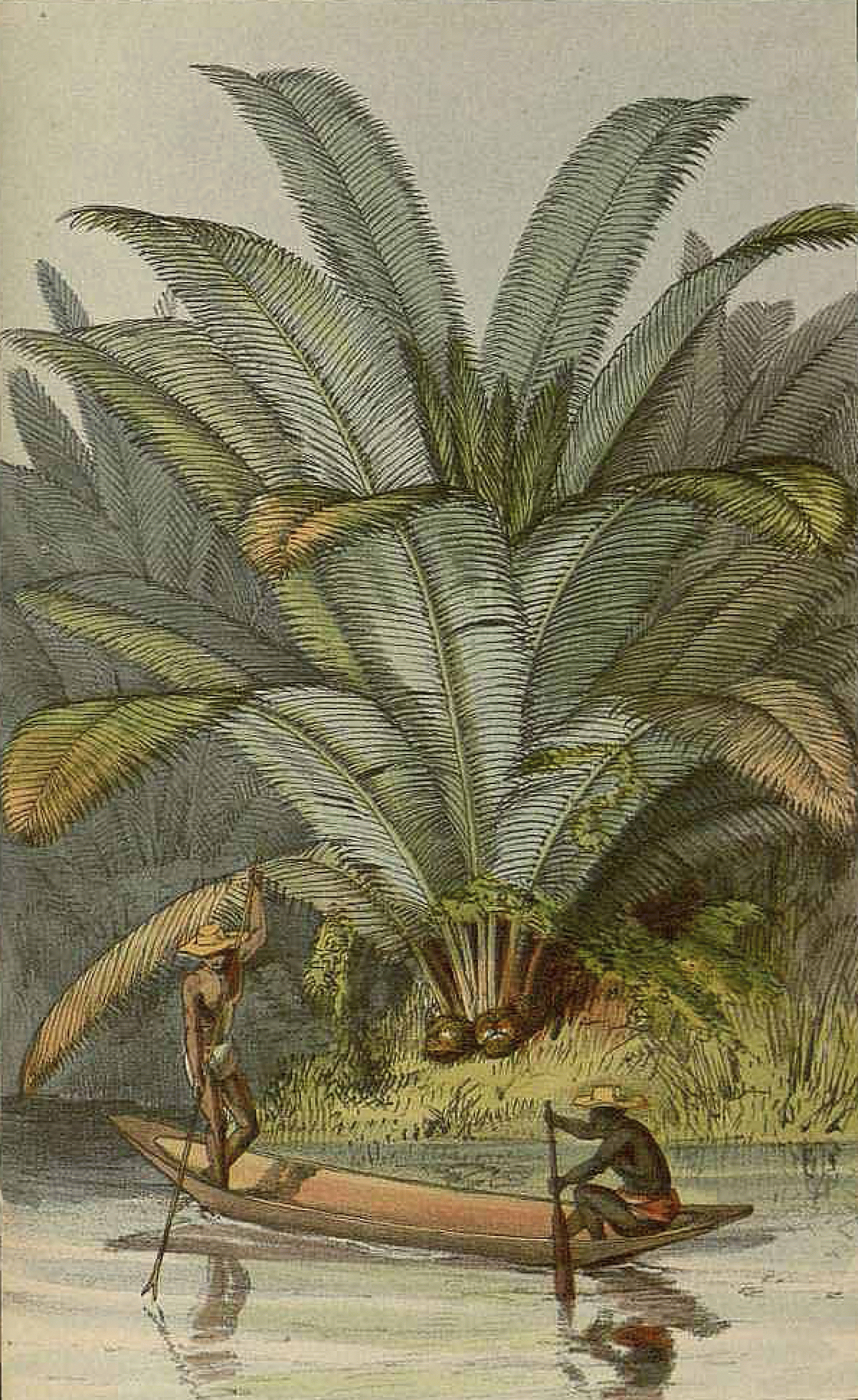4A Lab Seminar
Elaine Ayers: Strange Beauty: Botanical Collecting, Extractible Environments, and the Construction of the Biogeographic Tropics in Colonial Natural History

Plate VI, ill. E.W. Mark, in Hooker’s Journal of Botany and Kew Garden Miscellany, vol. 1 (1849). Courtesy of the Linda Hall Library.
Writing in 1878 after returning from expeditions through the Amazon rainforest and Southeast Asia, Alfred Russel Wallace argued that while "the luxuriance and beauty of Tropical Nature is a well-worn theme" with "little new to say about it," other naturalists had yet to establish a "general view of phenomena which are essentially tropical," ranging from the exaggerated size of plants and insects to older theories of parasitism, "primitivity," and degeneration. Tracing individual plants deemed "essentially tropical" by traveling colonial naturalists like Wallace across time and space, Elaine Ayers argues for the centrality of "strange" flora like lianas, carnivorous pitcher plants, and corpse flowers in the construction of the tropics as a singular, collapsed biogeographical zone in the early-nineteenth century. Colonial struggles with plants that fell outside of the bounds of "normal" botanical fieldwork practices of collection, preservation, and ordering, she argues, helped shape lasting and violent views of race and climate, extractability and loss, and fecundity and decay in natural history collections and botanical gardens today.
Elaine Ayers is an Assistant Professor of Museum Studies and History of Science at New York University, where she works on natural history collecting, preservation, and display in the eighteenth and nineteenth centuries. She holds a Ph.D. in the History of Science from Princeton University and is currently working on two books: Strange Beauty: The Art and Science of Botany in the Construction of the Tropics and the public-facing Moss: A Cultural History. She has written for publications like Cabinet Magazine, The Public Domain Review, and Hyperallergic, and is a consultant on decolonization strategies across multiple cultural institutions. Her work has been supported by institutions including the New York Botanical Garden, the Yale Center for British Art, and the Consortium of Science, Technology & Medicine.
31. Mai 2021, 16:00 Uhr
Online 4A_Lab Seminar
Die Veranstaltung findet online statt.
Für KHI-Externe: Die Registrierung für das Online-Seminar kann über 4a_lab@khi.fi.it vorgenommen werden.
Hinweis
Diese Veranstaltung wird durch Fotografien und/oder Videoaufnahmen dokumentiert. Falls es nicht Ihre Zustimmung findet, dass das Kunsthistorische Institut in Florenz Aufnahmen, auf denen Sie erkennbar abgebildet sein könnten, für die Veranstaltungsdokumentation und Öffentlichkeitsarbeit (z.B. Social Media) verwendet, bitten wir um eine entsprechende Rückmeldung.


